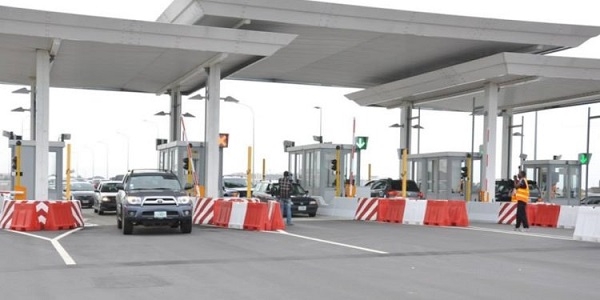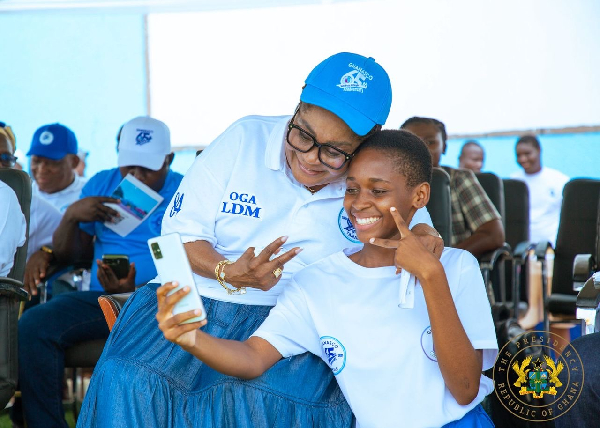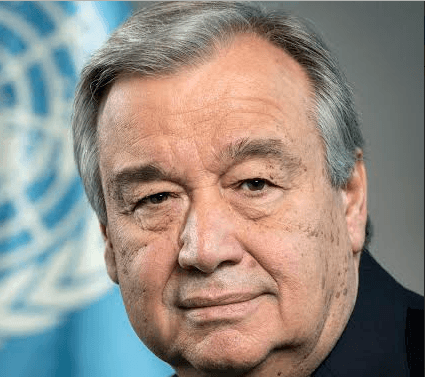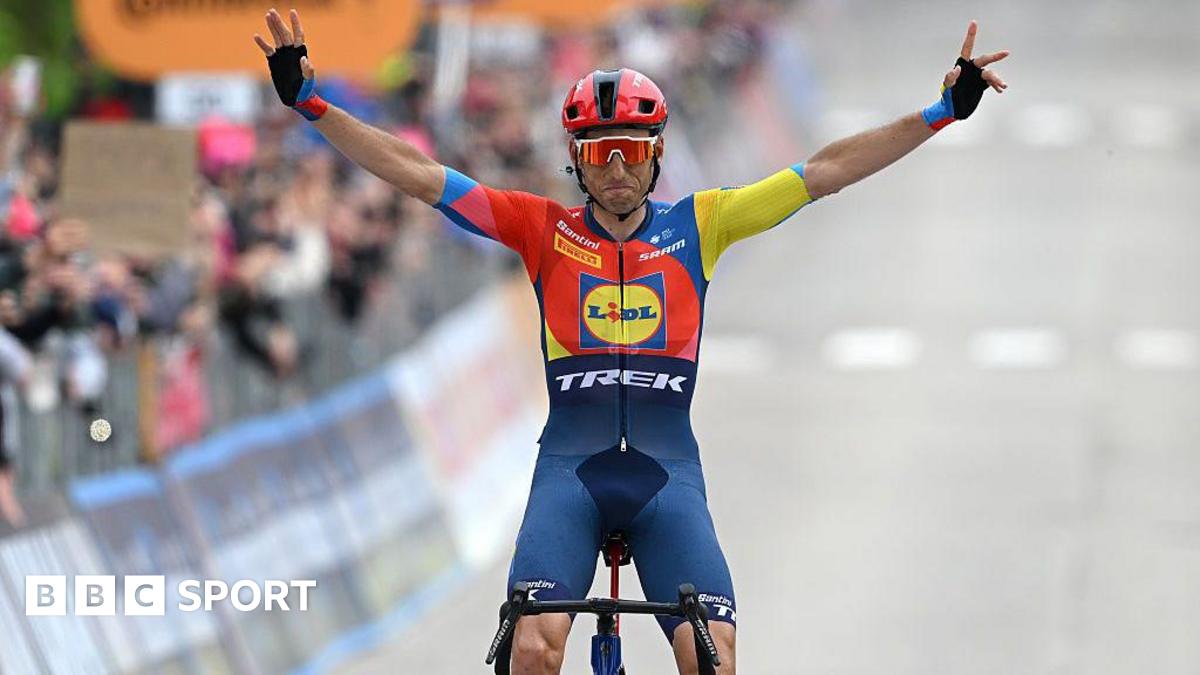Tagber: Mobility, Migration, and Global Networks
Philipp Straszewski, Historisches Institut, Heinrich-Heine-Universität Düsseldorf
The world is constantly changing, a notion that was already articulated by the ancient philosopher Heraclitus of Ephesus: “Panta rhei” (meaning “everything flows”). However, for Heraclitus, change does not occur arbitrarily but rather follows a hidden principle, the Logos. This becomes visible in the movement of people: Migration, mobility, and the emergence of networks are not only characteristics of the globalised 21st century but have always been fundamental to human history. What reasons and dynamics lead to people's mobility? What connections are created as a result? What are people's options for action and what strategies do they pursue during migration processes? A look at the past and present shows that mobility is far more than mere movement; it is a formative principle of human existence.
The German Historical Institute in Warsaw (Niemiecki Instytut Historyczny w Warszawie) is dedicating a new field of research to this complex of topics, mobility, migration and global networks. This initiative will examine these processes within the context of Central and Eastern European history. The “kick-off” for the new field of research was the workshop of the same name “Mobility, Migration, and Global Networks”, which was held from 27 to 28 February 2025 in Warsaw.
The broad-based workshop brought together interdisciplinary and cross-epochal participants. The historical contributions ranged from the early Middle Ages to socialist Poland, with a particular emphasis on Central and Eastern Europe. Individual lectures expanded the scope to encompass Iceland, Africa and the Islamic world. The migration and trade networks, in particular, highlighted the global interconnectedness of the subjects discussed. In addition to Africanist approaches, museum focal points opened up new interdisciplinary approaches. The workshop was divided into three segments: Policing Mobility, (Net)work and Business and Migrant's Agency. It commenced with a public Lelewel discussion titled “How much global history do medieval studies need, how much medieval history does global history need?”. DARIUSZ ADAMCZYK (Warsaw) and JOHANNES PREISER-KAPPELER (Vienna) then discussed global approaches in medieval studies, including the role of Arabic silver in the formation of early East-Central European states and the influence of volcanic eruptions in South America on European climate.
The first thematic block of the workshop, entitled “Policing mobility”, was initiated by JAN MUSEKAMP (Warsaw), who conducted an examination of German speakers from Ukraine, becoming victims of a geopolitically motivated restriction of their rights in the Russian Empire during the 1880s and 1890s. Consequently, many of these individuals decided to migrate to countries such as Canada or Brazil, where they were welcomed as “white” settlers. Using the concept of “global colour lines” by W. E. B. Du Bois, Musekamp presented research into migration experiences, in which sources of non-state origin are of primary interest. DARIUSZ STOLA (Warsaw) explored the potential of police documents from communist Poland as a source for migration research. These records offer insights into migratory movements to and from Poland, providing a comprehensive understanding of the radical social engineering of the communist era and the population's reactions to it. The examination of these sources emphasises the pivotal role of the police and state surveillance mechanisms in migration processes. THUC LINH NGUYỄN VŨ (Vienna) demonstrated that foreign policy relations between socialist Poland and Vietnam not only involved traditional diplomacy but were also characterised by migration and cultural exchange. This was a phenomenon that was particularly apparent in the Vietnamese migration to Poland, which continues to influence bilateral relations to this day. This development was only made possible by the Soviet Union's heightened geopolitical interest in Southeast Asia under Nikita Khrushchev, illustrating how state control of mobility worked beyond ideological boundaries. MICHAL FRANKL (Prague) adopted a historical perspective on mobility control, explaining how Jewish refugees from Germany, Austria, Czechoslovakia and Poland became stateless in the late 1930s as a result of state discrimination. These dispossessed individuals found themselves in a legal vacuum, the so-called “No Man's Land”, a space outside of national jurisdiction that emphasised their defenselessness. ROBERT HEINZE (Paris) offered an infrastructural approach to the topic of policing mobility, highlighting the challenges of researching informal mobility in African cities. He subjected the concept of “informal” mobility to rigorous scrutiny, emphasising the close link of these networks with the official economy, state structures and formal infrastructures – despite their limited documentation. It is precisely the lack of official records, he noted, that renders alternative research methods such as expert interviews, oral history and the analysis of urban planning institution maps imperative. The various contributions underscore the inextricable linkage of mobility with political control, state oversight and social conditions. The concept of “Policing mobility” proves to be a key lens for analysing historical and contemporary migration processes, encompassing state regulation, institutional surveillance, and informal networks.
DARIUSZ ADAMCZYK (Warsaw) initiated the second thematic block, entitled “(Net)work and Business”, with a presentation on early medieval East-Central Europe. This presentation demonstrated that extensive trade and migration networks already existed during this period. In trading centres such as Truso, the exchange of goods and Arabic coins relied on close personal connections between traders, local elites and craftsmen. A particularly noteworthy aspect of the early medieval period was the emergence of slave trade, with East-Central Europe becoming an important trading centre for selling Slavic captives to the Islamic world from the 930s onwards. Combining numismatic, archaeological and written sources, Adamczyk highlighted how economic networks controlled not only trade but also forced migrations. In contrast, ANKA STEFFEN (Vienna) examined the economic development of Silesia from the 17th to the early 20th century in the context of transatlantic trade networks and globalisation processes. Applying Bruno Latour's actor-network theory, she demonstrated how Silesian linen production was deeply integrated into global economic structures. The use of linen, ranging from its use as a commodity on the African market to its application in tropical clothing in German colonies, underscores the economic interdependency of Silesia with colonial dependencies. This analysis illustrates the necessity to consider regional industries in a broader context, emphasising their interconnection with extensive economic networks. MICHAEL ZOK (Warsaw) presented his planned research project, which examines the Polish and Irish independence movements of the late 19th and early 20th centuries through the lens of historical network analyses. The project will focus on the often overlooked actors, the so-called “backbenchers”, who, apart from the political leaders, had a decisive influence on the movements through their network and resources such as time and money. Of particular interest is the question of whether a lack of economic and organisational resources led to radicalisation, a phenomenon that can be seen, for example, in the split of the Irish movement after the Anglo-Irish Treaty of 1921. Zok's approach demonstrates that political movements are shaped not only by ideological factors, but also by economic and social networks. KAMILA KOWALSKA (Gdynia) and RAFAŁ RACZYŃSKI (Gdynia) from the Gdynia Emigration Museum analysed entrepreneurial networks of Polish women in Italy. Collaborating with the Polish Embassy in Rome, they employed a dual approach, integrating quantitative surveys with qualitative interviews. The study revealed that Polish women entrepreneurs are well integrated into their Italian professional networks, often have Italian partners and predominantly serve Italian customers. Their motivations are rooted in self-realisation and economic independence. However, the presence of bureaucracy and legal obstacles has the potential to impede their progress. Notwithstanding these challenges, they have demonstrated a notable capacity to establish their own networks within a male-dominated professional landscape. As part of the workshop, the second thematic block, entitled “(Net)work and Business”, focused on the economic interdependencies of mobility and migration processes. The presentations revealed that economic networks not only facilitate trade and entrepreneurship, but are also closely linked to global migration movements, social transformation processes and geopolitical power relations.
The third and final block entitled “Migrant's Agency” was opened by CARINA DAMM (Katowice), who began with a discussion of the colonisation of Iceland in the late 9th century by settlers from Norway and the British Isles seeking to escape political unrest and addressing the scarcity of land. The rapid colonisation resulted in environmental issues such as deforestation, soil erosion and food shortages. In her lecture, she analysed these effects using ecological and written sources and examined how Icelandic society responded to these challenges. Her research demonstrates that migration is not only a spatial, but also an ecological and social process, a perspective that enriches the understanding of “Migrant's Agency”. In her research project, ALEKSANDRA JAKUBCZAK (Warsaw) presented her findings on the influence of transnational networks of Polish Jews in the interwar period on migration and their economic situation. Utilising the case study of the Polish sisters Feyga and Khane F., who sought financial assistance from their father in the USA in 1936, she demonstrated how Jewish families attempted to circumvent strict immigration restrictions by exploring alternative migration ways. The project analysed the institutional, familial and business connections of Polish Jews and demonstrated that these networks not only provided economic support, but also strengthened the sense of belonging to a global Jewish community. By analysing previously under-utilized sources, her aim is to create a more balanced depiction of Jewish history, encompassing economic adversity as well as solidarity, and mobility. ANDRZEJ GLIWA (Rzeszów) has analysed the mass deportation of people by the Tatars in the early modern period. This is a phenomenon that has been little researched to the present but which nevertheless played a central role in global migration networks. Gliwa employs interdisciplinary methodologies, incorporating digital mapping and historical court records to analyse the mechanisms behind the enslavement of approximately 2.4 million people, predominantly from powerful states such as the Polish-Lithuanian Commonwealth and the Habsburg Empire. Gliwa challenges conventional migration typologies and underscores the significance of violence and coerced migration flows, which also feature in contemporary conflicts, e.g. in Russia's modern war strategy. DOVILĖ ČYPAITĖ-GILĖ (Vilnius) analysed Jewish emigration from Lithuania (1918–1940) in her dissertation, focusing on the migration process and the migrants' perspectives. She employs a multifaceted approach, encompassing the analysis of emigration policy, social profiles and individual motivations. Notably, she challenges the prevailing historiographical consensus, particularly the assumption that emigration was predominantly driven by the National Socialist policies of the 1930s. Methodologically, the study combines macro and micro levels by analysing statistical data, laws, passports and personal accounts from international archives. The objective of this comprehensive approach is to provide a visual representation of the agency migrants exercised during the process of their emigration. In his contribution to the edited volume “Migrationsgeschichte Oberschlesiens”, ANDRZEJ MICHALCZYK (Bochum) undertakes a micro-historical analysis of labour migration and social mobility in Upper Silesia between the 1850s and 1930s. Applying interviews with contemporary witnesses and biographical analyses, he reconstructed how labour migration drove social change. He demonstrated how, around 1900, this migration led to democratisation “from below”, influenced the result of the Upper Silesian referendum of 1921 and changed social hierarchies. The act of migration was not only a physical movement, but also a conduit for the transfer of knowledge, economic independence and new patterns of consumption. His study thus demonstrates that migration extends far beyond the individual destiny and brings about profound social transformations.
The workshop demonstrated that adopting a cross-epochal and cross-disciplinary perspective on mobility, migration and network formation opens up new research avenues – both in terms of the diversification of sources and theoretical approaches.
Conference overview:
Joachim-Lelewel-Talk
Johannes Preiser-Kapeller (Vienna) / Dariusz Adamczyk (Warsaw): How much Global History do Medieval Studies Need, how much of the Middel Ages does Global History Require?
Panel I: Policing Mobility
Chair: Michael Zok (Warsaw)
Jan Musekamp (Warsaw): Navigating Racist Borders and “Global Color Lines”. German Speakers from Ukraine on the Move, 1860-1950
Michal Frankl (Prague): Citizens of the No Man’s Land. Refugees and the Moving Borders in East-Central Europe 1938-1939
Dariusz Stola (Warsaw): Migrations from Communist Poland. Opportunities and Challenges for Research
Thục Linh Nguyễn Vũ (Vienna): Strange but Familiar: Connected Histories Between Poland and Vietnam, 1955-1976
Robert Hinze (Paris): Urban Transport and the Regulation of Space in African Cities
Panel II: Net(work) and Business
Chair: Jan Musekamp (Warsaw)
Dariusz Adamczyk (Warsaw): How to Trace Mobility and Reconstruct Networks in Early Medieval Societies. Methodical Variability and Interdisciplinarity
Anka Steffen (Vienna): Applied Actor-Network-Theory: Silesians as “Weavers” of Globalized Economic Networks
Michael Zok (Warsaw): Structures of Independence. Networks, Backbenchers, Time, and Money in Irish and Polish Independence Movements in Late Imperialism
Kamila Kowalska (Gdynia) / Rafał Raczyński (Gdynia): Femigration: Entrepreneurial Polish Women in Italy
Discussion: Popularization of the topic in museums
Moderation: Jan Musekamp (Warsaw)
Aleksandra Jakubczak (Warszawa) / Dovilė Čypaitė-Gilė (Vilnius) / Kamila Kowalska (Gdynia) / Rafał Raczyński (Gdynia) / Marie-Antoinette Grünter (Bremerhaven)
Panel III: Migrant’s Agency
Chair: Dariusz Adamczyk (Warsaw)
Carina Damm (Katowice): Navigating the North: Viking Migrations and Environmental Resilience
Andrzej Gliwa (Rzeszów): Forced Migrations in the Early Modern East-Central European Slaving Zone: New Research Opportunities in the Context of Vertical Integration of Social Science and Humanities
Andrzej Michalczyk (Bochum): Modernisation, Migrations, and Social Mobility in Upper Silesia During the “Long” 19th Century
Dovilė Čypaitė-Gilė (Vilnius): Jewish (E)migration from Lithuania 1918-1940. Reconstruction of the Process
Aleksandra Jakubczak (Warsaw): Letters to America: Transnational Look into the Polish Jews’ Experience of Economic Downturns, 1921-1939











